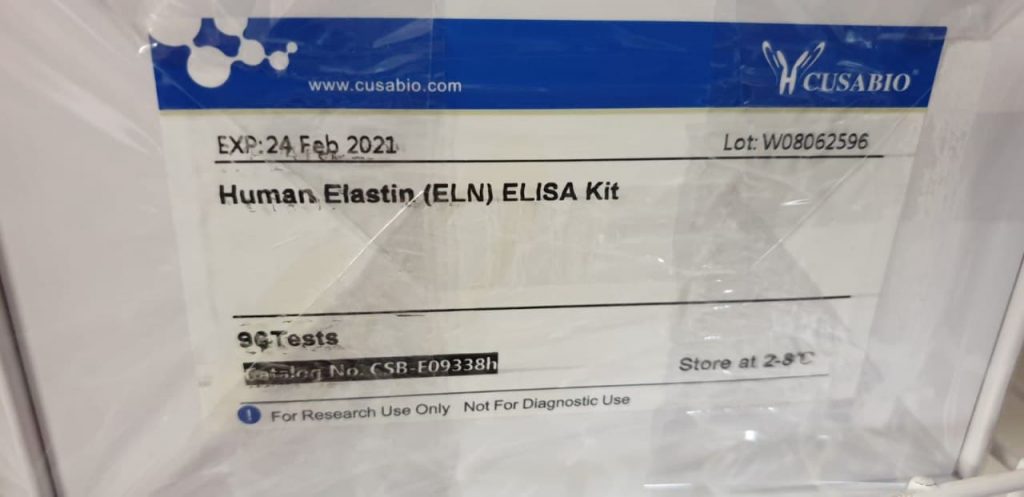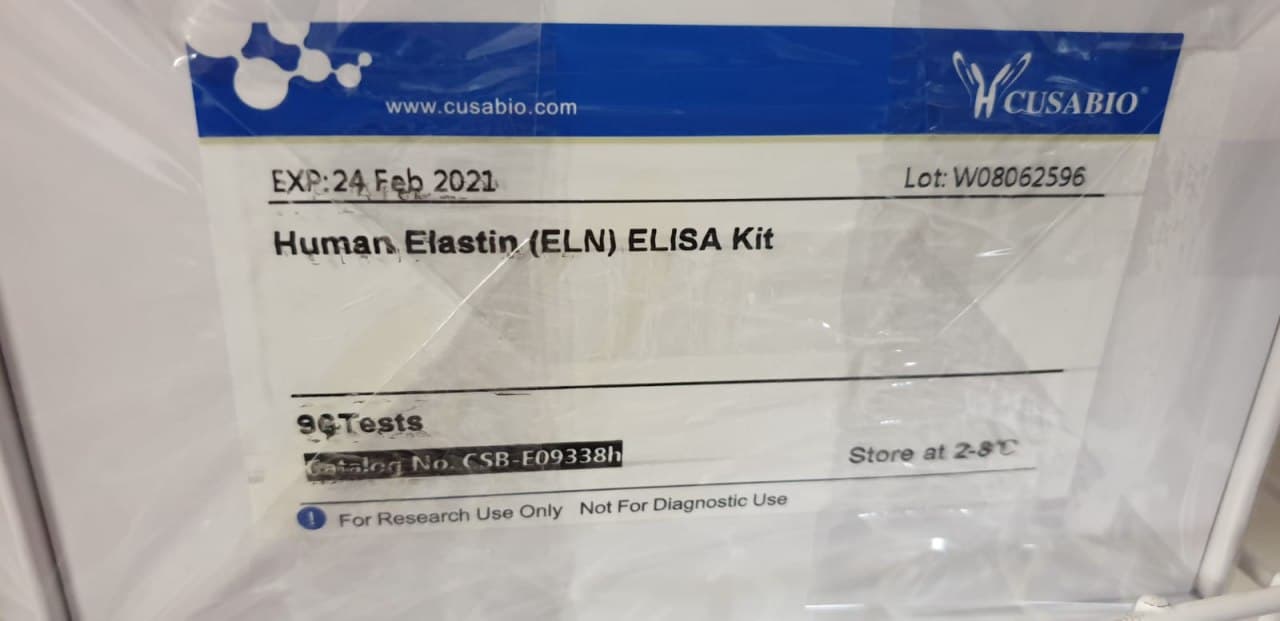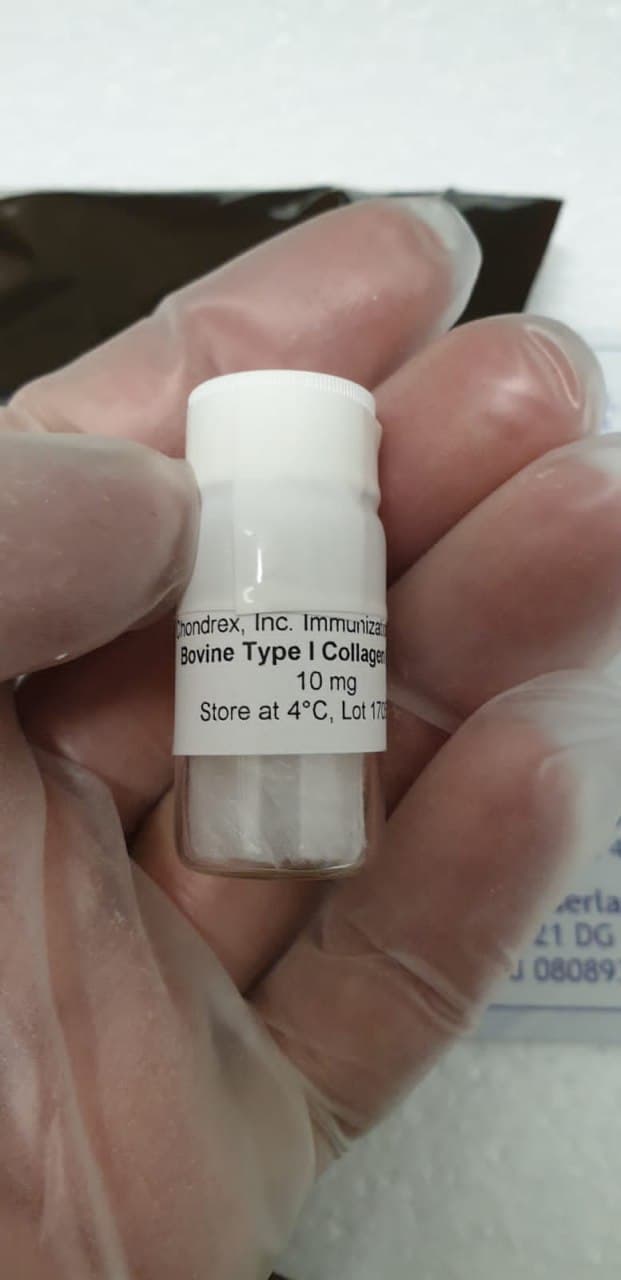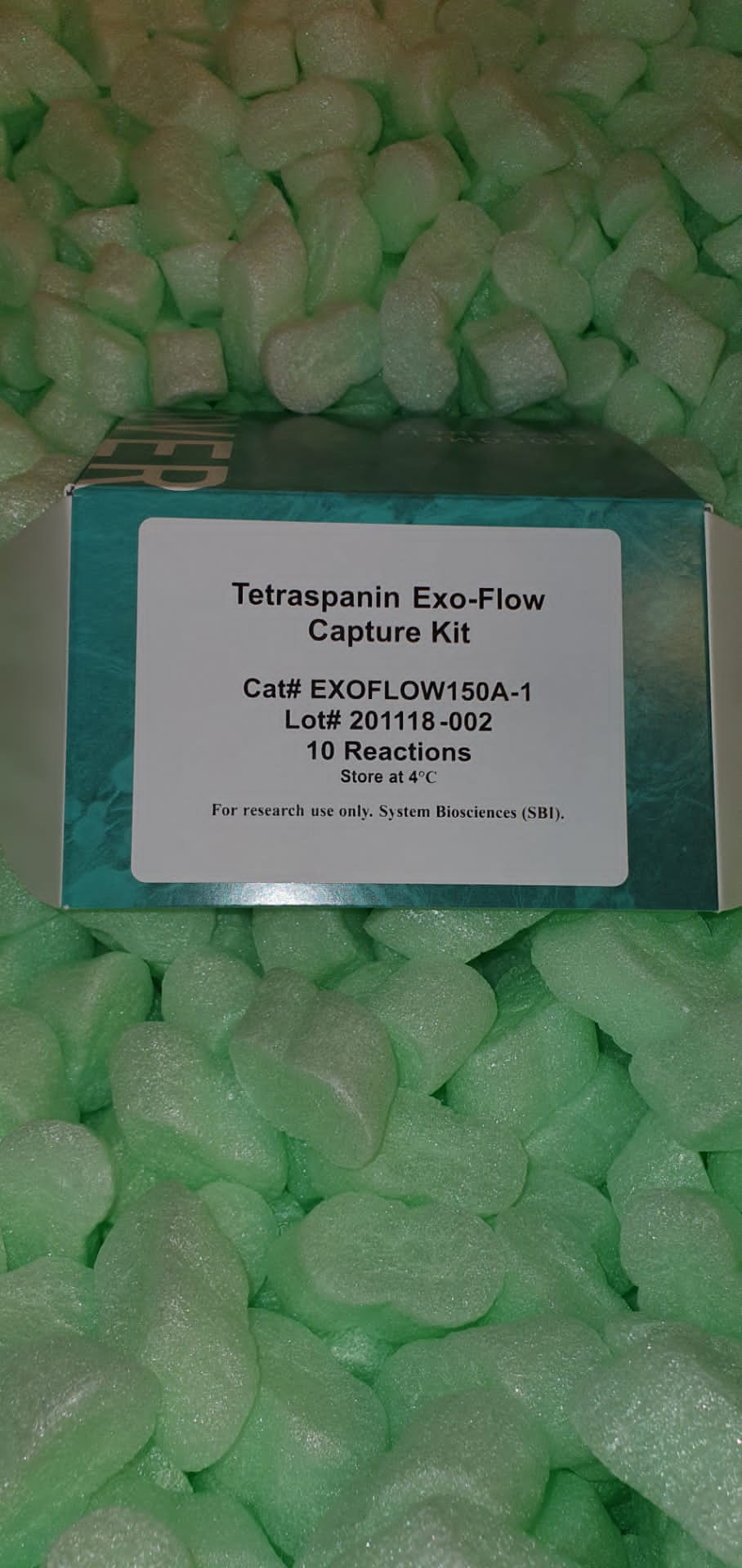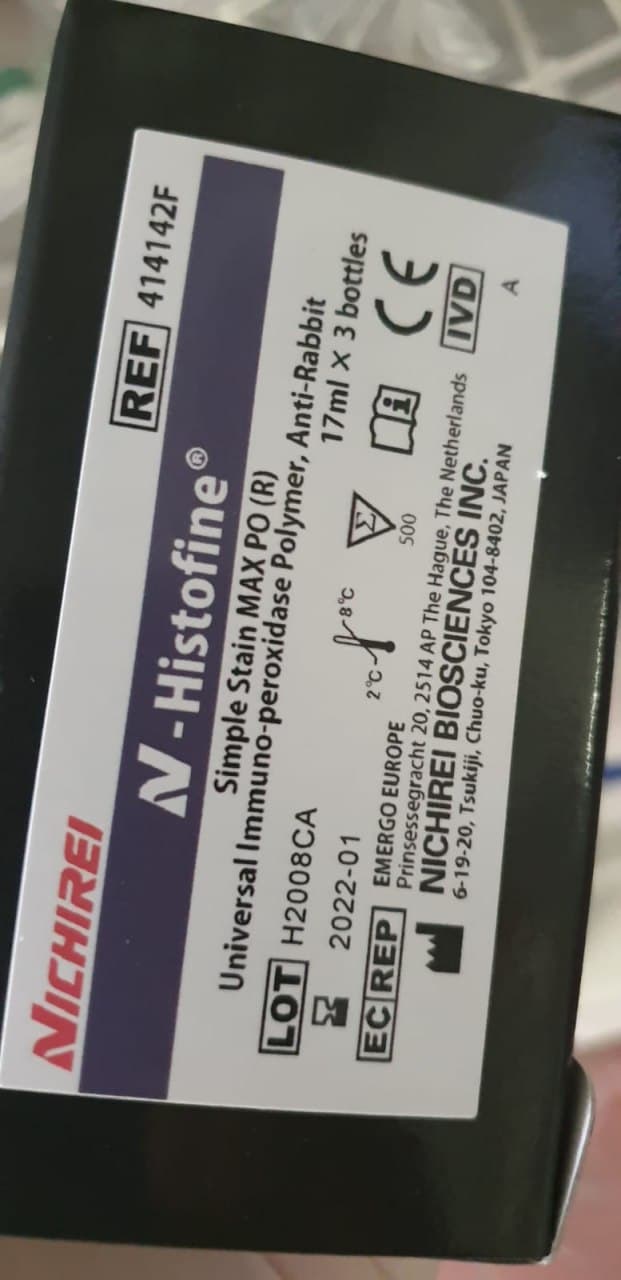Inherited Metabolic Illnesses (IMDs) are uncommon ailments attributable to genetic defects in biochemical pathways. Earlier prognosis and advances in therapy have improved the life expectancy of IMD sufferers over the past many years, with nearly all of sufferers now surviving past the age of 20. This has created a brand new problem: as they develop up, the care of IMD sufferers’ must be transferred from metabolic pediatricians to metabolic physicians specialised in treating adults, by a course of known as “transition.” The aim of this examine was to evaluate how this transition is managed in Europe: a survey was despatched to all 77 facilities of the European Reference Community for Hereditary Metabolic Issues (MetabERN) to gather info and to determine unmet wants relating to the transition course of.
Information was collected from 63/77 (81%) healthcare suppliers (HCPs) from 20 EU nations. Responders have been principally metabolic pediatricians; of those, solely ~40% have acquired acceptable coaching in well being problems with adolescent metabolic sufferers. In most facilities (~67%) there isn’t any designated transition coordinator. About 50% of facilities present a written individualized transition protocol, which is standardized in simply ~20% of circumstances. In 77% of facilities, pediatricians share a medical abstract, transition letter and emergency plan with the grownup crew and the affected person.
In accordance with our responders, 11% of sufferers stay beneath pediatric care all through their life. The principle challenges recognized by HCPs in managing transition are lack of time and lack of grownup metabolic doctor positions, whereas the implementations which can be most required for a profitable transition embrace: medical workers devoted to transition, a transition coordinator, and particular metabolic coaching for grownup physicians. Our examine exhibits that the transition strategy of IMD sufferers in Europe is way from standardized and most often is insufficient or non-existent. A transition coordinator to facilitate collaboration between the pediatric and grownup healthcare groups ought to be central to any transition program.
Uncommon illness care pathways within the EU: from odysseys and labyrinths in the direction of highways
Care pathways (CPW) are used worldwide to construction care processes throughout the patient-centered care idea. Uncommon ailments (RD), outlined as these affecting lower than 5 individuals per 10,000 and together with as much as 10,000 totally different ailments, current distinctive challenges to CPW growth on account of their rarity and numerous illness entities, power and continuously disabling nature, heterogeneous manifestation, multisystem involvement, and complexity in diagnostics and therapy. Nonetheless, failure to develop RD CPWs finally results in lengthy diagnostic odysseys, restricted and unequal entry to RD therapies, and an enormous burden of complicated care coordination that lies on the shoulders of sufferers and their households, imposing many private
skilled and social life difficulties, and diminishing their high quality of life. Within the growth of RD CPW, there’s a want to make sure clean horizontal and vertical care integration, a number of transitions, and long-term care coordination throughout many geographically distant care suppliers and to discover a advantageous stability between centralized expertise-based, complicated, extremely specialised providers and potentialities for native care provision, affected person empowerment and self-management, and digital healthcare. Established in 2017, European Reference Networks might have a excessive added worth by a rise in accessibility and high quality of providers, economies of scale, scope and pace within the growth of missing evidence-based, academic and different sources for RD CPW, and dashing up innovation growth and translation into RD CPW.
Nonetheless, their full advantages might solely be reaped by a pan-European collaboration, common acceptance of widespread European values and open-mindedness for generally disruptive innovation within the provision of healthcare throughout all Member States of the European Union. Standardized working procedures, along with sufficient monetary sources and particular coaching for grownup physicians targeted on IMDs are the important thing points that have to be improved within the uncommon metabolic area to determine profitable transition processes in Europe.
